On the morning of October 30, the National Assembly discussed in the hall about the budget, public investment, and implementation of the National Assembly's resolution... According to delegate Pham Trong Nhan ( HCMC ), sustainable revenue does not come from tax increases or discussions to cut costs, but from a strong enough mechanism to unblock social capital flows, activate private investment, and improve the efficiency of public investment.
Prime Minister Pham Minh Chinh listens to discussion opinions.
PHOTO: GIA HAN
From that perspective, the development of a special Urban Law for a locality is a sustainable fiscal institutional solution to expand revenue sources, increase public investment and reduce the burden on the central budget.
Referring to the historical milestone of July 1, when the three main growth poles in the south, Ho Chi Minh City, Binh Duong, and Ba Ria - Vung Tau , officially converged, according to Mr. Nhan, this not only restructured regional development, formed strategic megacities, and led innovation in the national growth model.
According to the General Statistics Office, Ho Chi Minh City's consolidated GDP in 2025 will reach 121 billion USD, 3 times that of Cambodia, 8 times that of Laos, contributing nearly 1/4 of the country's GDP and 1/3 of the total national budget revenue.
"An economy as large as a miniature nation from logistics industry, high technology, finance, tourism, education, healthcare to an international financial center is taking shape, but still wears the coat of a provincial-level institution, which is no longer compatible with the stature of a megacity," delegate Nhan wondered.
There is still a mechanism of asking and giving.
Mr. Pham Trong Nhan said that with the multipolar, multi-center space that has been formed, the question is whether the legal system, from the Law on Organization of Local Government, budget planning to investment, is still suitable to regulate a megacity like Ho Chi Minh City - whose scale surpasses many countries in the region?
Delegate Pham Trong Nhan (HCMC)
PHOTO: GIA HAN
Delegate Pham Trong Nhan also shared that although the National Assembly has "extended" its authority many times through resolutions, "there is still a mechanism of asking and giving, not yet granting autonomy along with accountability."
If this fundamental bottleneck is not resolved, the reform will remain at the experimental level. To achieve the growth target of 10-11%/year for the period 2025-2030, Ho Chi Minh City needs to mobilize 8 million billion VND of social investment capital, while capital sources are adjusted, and the initial budget is limited by the ceiling rate of regulation. So where is the money for investment?
"HCMC does not ask for more money or incentives. What the city needs is institutional autonomy, the right to create resources, create motivation and take responsibility for development. Without a new and strong enough institution, the double-digit growth target will only be a dream," delegate Nhan emphasized and urgently requested the National Assembly to immediately initiate a national-level law.
This will be a special urban law for Ho Chi Minh City with three core pillars, including a flexible urban government model, suitable for a multi-center administrative structure according to functional regions.
The autonomous financial and budgetary mechanism allows the city to mobilize, issue, invest and allocate resources. Ho Chi Minh City is also entitled to plan integrated residential infrastructure space, regional economy, and apply institutional sandbox for pioneering models such as digital urban areas, green economy, artificial intelligence, etc.
He suggested that the National Assembly immediately issue a resolution at this session and assign the Government to develop a special Urban Law for Ho Chi Minh City. Because Hanoi already has a Capital Law, a valuable precedent, affirming the specificity of investment planning and national responsibility. In the same spirit, a law "tailored" for Ho Chi Minh City after the merger is a historical imperative.
"This is not a privilege but an inevitable institutional step of the country, creating a growth model, where Tokyo, Seoul or Shanghai all have their own laws to guide their cities," delegate Pham Trong Nhan shared.
Thanhnien.vn
Source: https://thanhnien.vn/dai-bieu-de-xuat-dao-luat-dac-biet-cho-tphcm-nhu-tokyo-thuong-hai-185251030144118571.htm


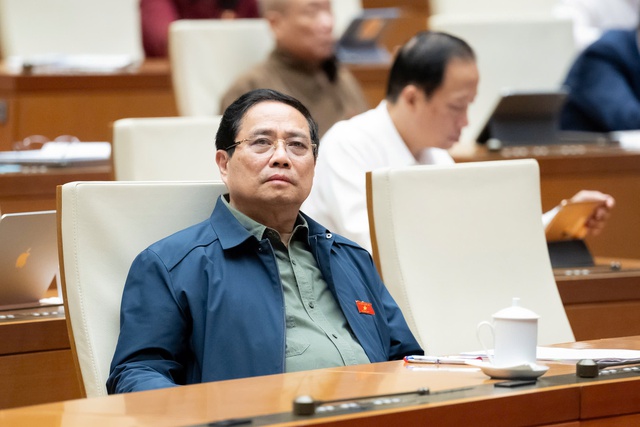
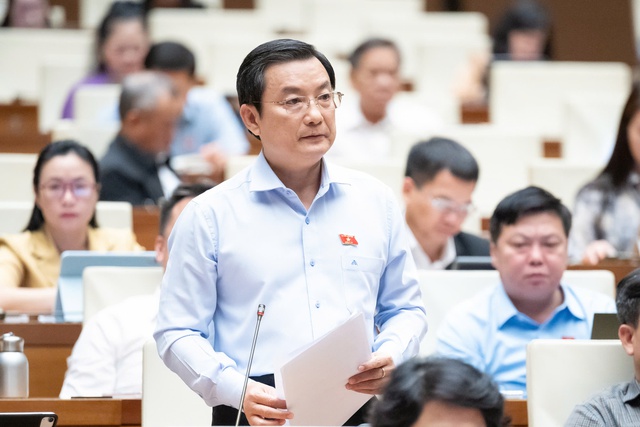



![[Photo] Da Nang: Water gradually recedes, local authorities take advantage of the cleanup](https://vphoto.vietnam.vn/thumb/1200x675/vietnam/resource/IMAGE/2025/10/31/1761897188943_ndo_tr_2-jpg.webp)

![[Photo] Prime Minister Pham Minh Chinh attends the 5th National Press Awards Ceremony on preventing and combating corruption, waste and negativity](https://vphoto.vietnam.vn/thumb/1200x675/vietnam/resource/IMAGE/2025/10/31/1761881588160_dsc-8359-jpg.webp)
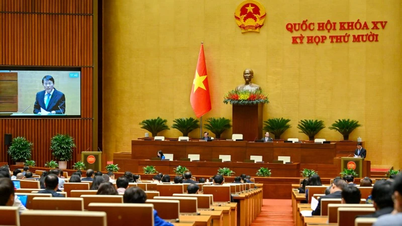

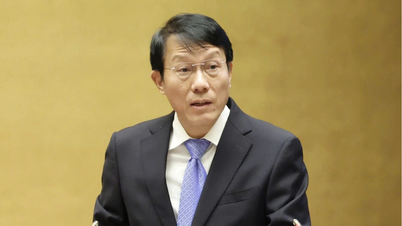
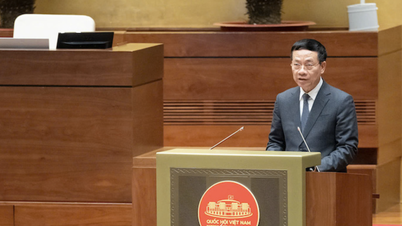



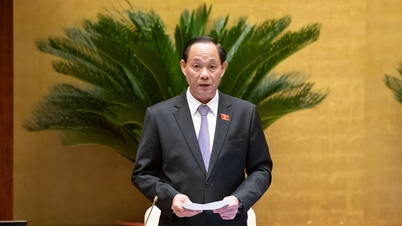

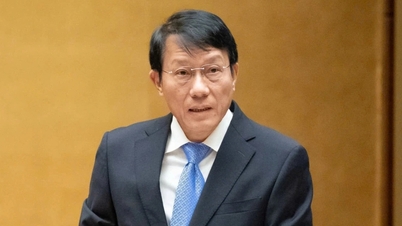

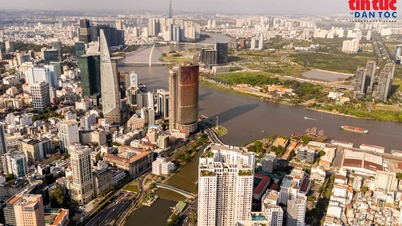

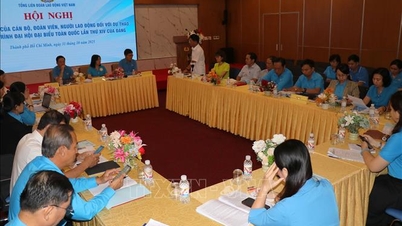
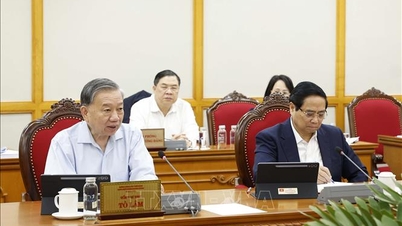
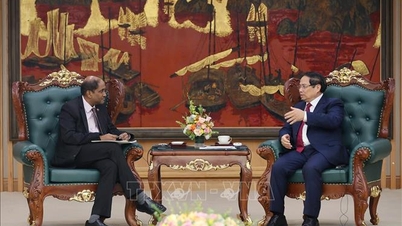
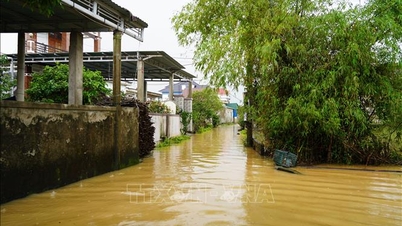








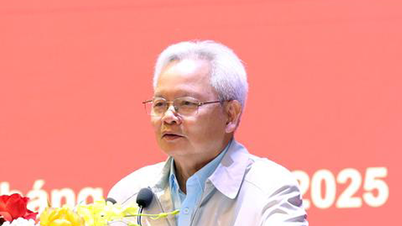
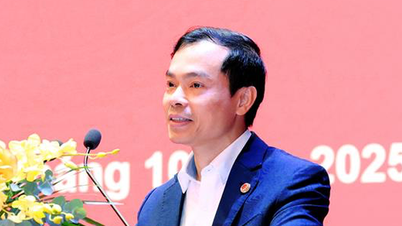

































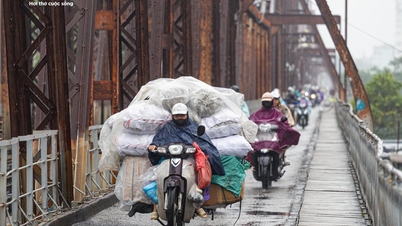

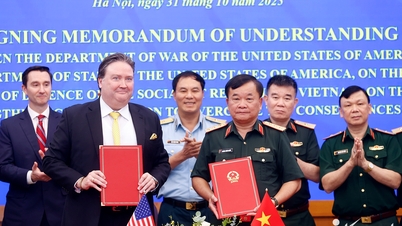





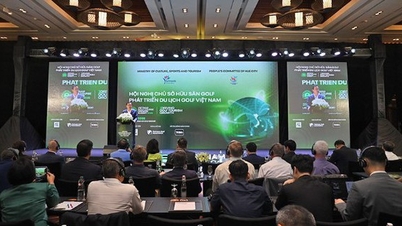

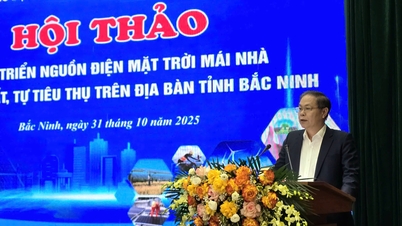
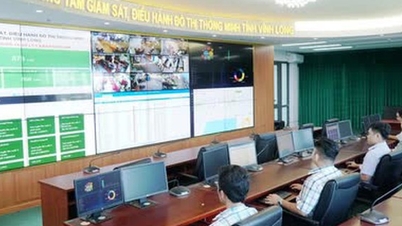






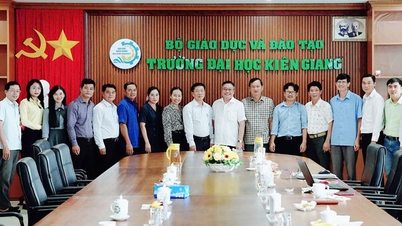
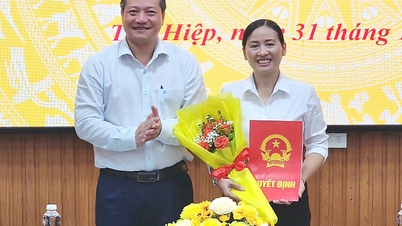


















Comment (0)